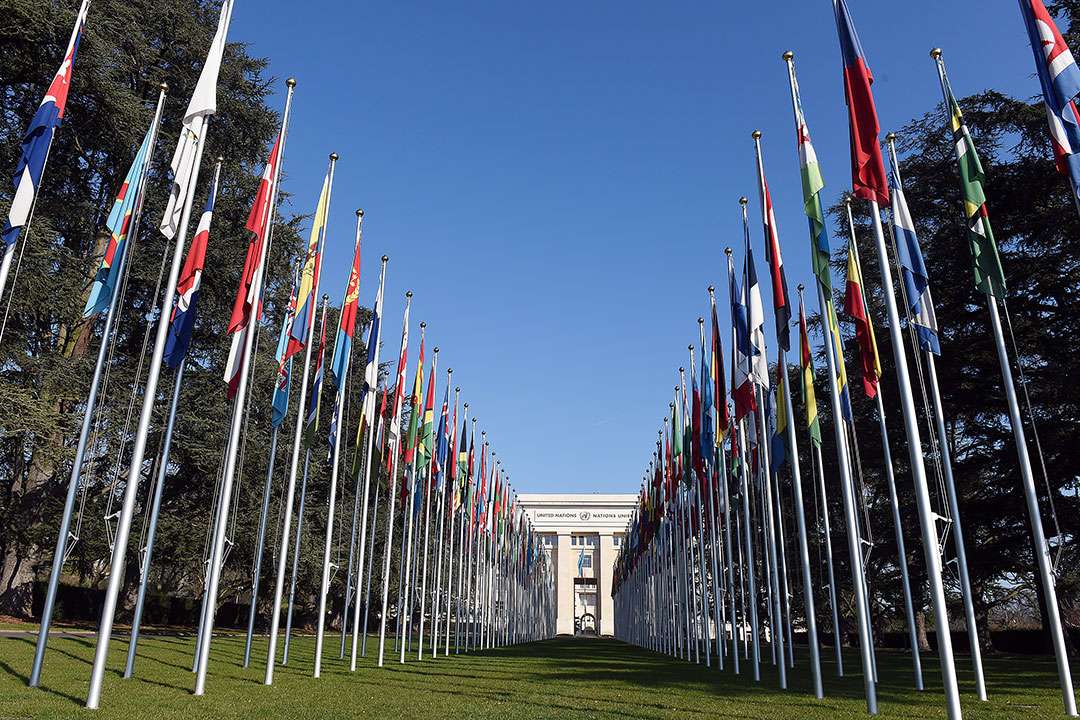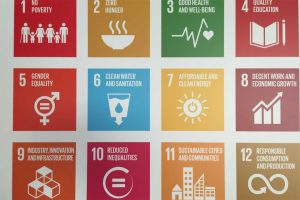June 2019: The World Bank and the UN Department of Economic and Social Affairs (DESA) released key messages from discussions at the expert group meeting (EGM) on SDG 10 (reduced inequalities). The EGM concluded that inequality is a “political choice”; if governments work with partners to promote fiscal, legal, policy and political environments with unifying narratives and provide equal opportunity, trust in institutions and between groups of people can be strengthened and social cohesion sustained.
Overall, the EGM’s key messages emphasize that SDG 10 has “brought unprecedented attention to inequality.” The document states that the people who are most affected by inequalities should be at the center of process, and economically and socially marginalized people are “not only the subjects of policy discussions but also the actors and enablers for SDG 10.” The messages observe that transnational, regional and local governance institutions play a key role in reducing inequality and can help set goals, build capacity for marginalized and excluded populations to engage effectively, and identify and address critical data gaps. The discussions underscored that “final accountability for the success of SDG 10” is with national governments.
On solutions, the EGM’s messages highlight five opportunities to implement policies that directly tackle inequality and its root causes:
- legal empowerment as a mechanism to address inequality, legal reforms to help remove barriers to opportunities, and eliminating laws that reinforce disadvantage;
- a focus on early childhood to ensure that children from poor families have meaningful access to social and human development opportunities like early childhood education and high-quality universal health coverage (UHC);
- support for the informal sector, including measures to transition to the formal economy, which could increase social protection for workers and improve the business environment;
- a combined approach of targeted and universal measures, such as promoting universal systems of coverage of quality services in health, education and sanitation, alongside targeted programs to address structural and economic barriers that prevent disadvantaged groups from accessing the benefits of universally available services; and
- progressive taxation to support redistribution, including through social protection and social transfers to reduce income inequality and prevent vulnerable populations from falling into poverty.
On strengthening the enabling environment for effective policymaking, the EGM recommends ensuring that poor people are part of the solution, tackling unacceptable levels of inequality of opportunity, and strengthening political will to address the risk that inequality poses to social inclusion. The key messages declare that “inequality of opportunity is unacceptable,” and recommends that policies to reduce inequality address the root causes of opportunity gaps among different groups and populations.
On monitoring progress, the key messages state the importance of building an evidence base for policymaking and tracking implementation progress through mapping and measuring inequality and developing appropriate metrics to measure progress. In particular, the EGM identified food security, health, education, infrastructure and climate as key areas where more and better data is necessary to measure and achieve progress. Participants suggested evaluating policies based on their effect on the poorest individuals, and on whether gaps in capabilities and well-being between the disadvantaged and privileged are being closed.
The key messages state the importance of addressing inequality also between countries through establishing mutual accountability and greater policy coordination. The EGM identified financial flows, migration and trade as drivers of inequality between countries, and made several recommendations for actions to promote equality among countries.
The World Bank and DESA organized the EGM on SDG 10, which convened in Geneva, Switzerland, from 2-3 April 2019. It was one in a series of preparatory meetings for the SDGs to be reviewed at the July 2019 HLPF. In addition to SDG 10, the HLPF will review SDGs 4 (quality education), 8 (decent work and economic growth), 13 (climate action), 16 (peace, justice and strong institutions) and 17 (partnerships for the Goals). [EGM Webpage] [Key Messages] [Session Summaries] [SDG Knowledge Hub Story on SDG 10 EGM]

